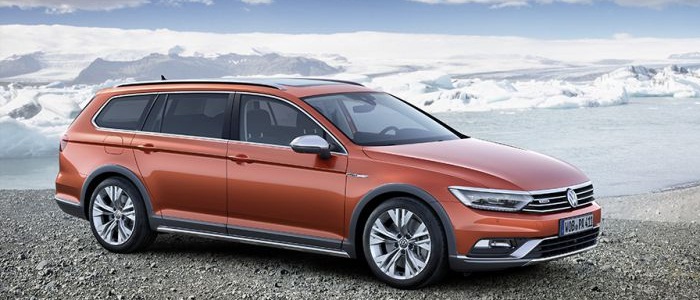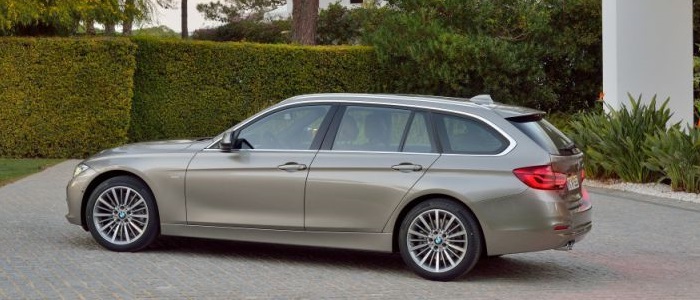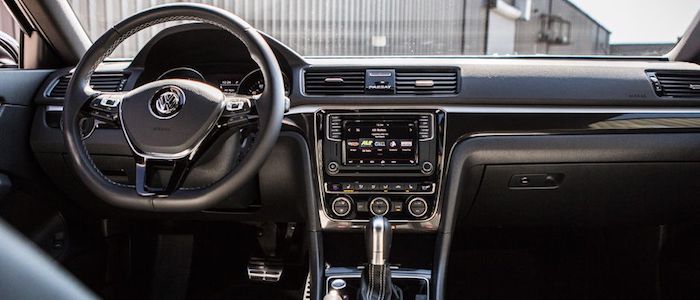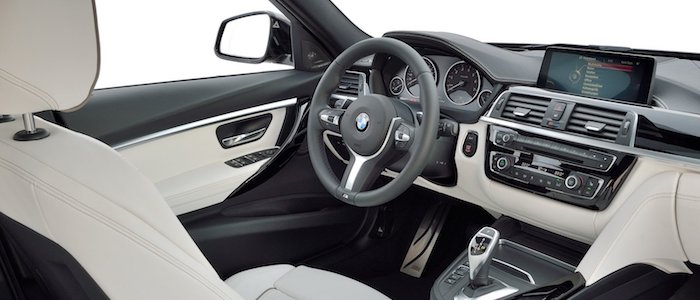Compare two cars
Compare any two cars and get our Virtual Adviser™ opinion
Dimensons & Outlines
Check a car with 30% off a report
Engine
Performance (manual gearbox)
Performance (automatic gearbox)
Expenses
Virtual Adviser's™ opinion
Well, these are two pretty similar cars we have here! It's only details that could potentially make the difference. Considering they both belong to the large family car segment and utilize the same 5-door wagon body style and the 4 x 4 wheel drive system, it all comes up to the specific petrol engine choice they offer. The first one has a Volkswagen-engineered powertrain under the hood, a 4-cylinder, 16-valves 220hp unit, while the other one gets its power and torque from a 4-cylinder, 16-valves 184hp engine designed by BMW.
SafetyA starting point here would be to take a look at the results from European New Car Assessment Programme (Euro NCAP) tests which were performed on both of the cars, with the same number of safety stars gained in the process. Moving further on, let's take a closer look at some additional safety-related facts. Both vehicles belong to the large family car segment, which is generally a good thing safety-wise, but it doesn't do much to help us decide between the two. Furthermore, if we'd like to consider vehicle mass in this context too, which we definitely should, Passat offers a marginal difference of 1% more metal.
ReliabilityReliability is not the best thing to consider on the make level, but it is worth mentioning that Volkswagen does have a slight advantage, when all the models are taken into account. These are the official statistics, while our visitors describe reliability of Volkswagen with an average rating of 4.2, and models under the BMW badge with 4.1 out of 5. The same official information place Passat as average reliability-wise, and 3 Series is more or less at the same level.That apart, owners of different cars powered by the same engine as Passat rank it on average as 3.0, while the one under the competitor's bonnet gets 3.5 out of 5.
Performance & Fuel economyVolkswagen is a bit more agile, reaching 100km/h in 0.9 seconds less than its competitor. In addition to that it accelerates all the way to 231 kilometers per hour, 6km/h more than the other car. When it comes to fuel economy things look pretty much the same for both cars, averaging around 7.1 liters of fuel per 100 kilometers (40 mpg), in combined cycle.
Verdict
BMW appears just a bit more reliable, although the difference is truly marginal. The most important thing when deciding between any two vehicles should always be safety, both passive and active. In my opinion, everything taken into account, Passat offers slightly better overall protection and takes the lead. It all continues in the same direction, with Volkswagen being considerably quicker, thus putting more smile on driver's face. To make things even better, it consumps less fuel! All together, there's not much more to say, in this case I wouldn't even consider anything but Volkswagen. Anyway, that's the most objective conclusion I could've came up with and it's based solely on the information found on this website. Aspects such as design, practicality, brand value and driving experience are there for you to measure them out. In case you have two minutes to spare I invite you to define your needs, desires and budget and see which car would be chosen by the virtual adviser™, among thousands of similar, yet so different vehicles.


































